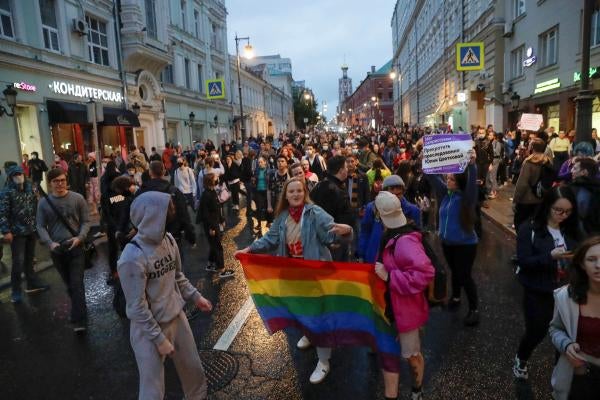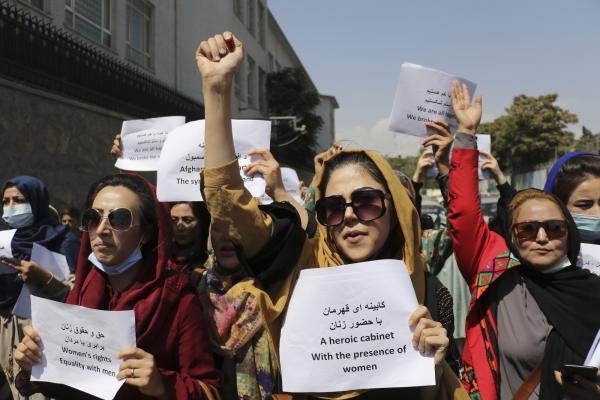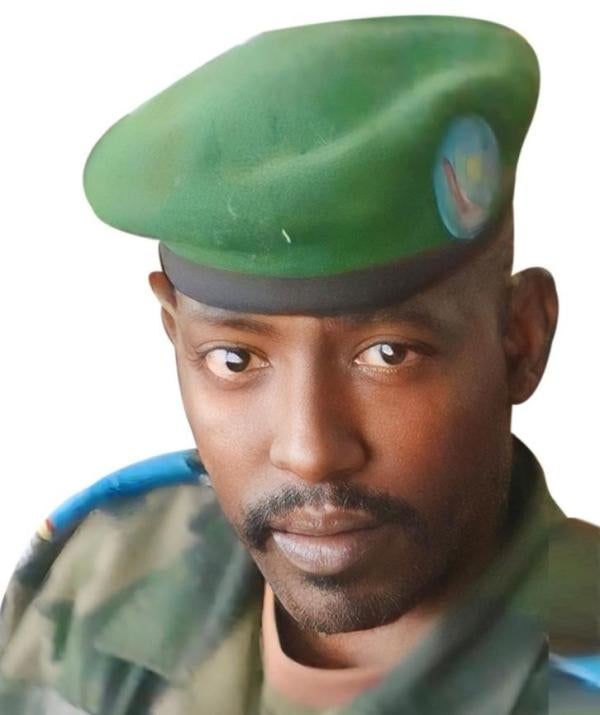Lire la version en français / Lea la versión en español
At first glance, it’s difficult to understand last week’s ruling by Russia’s Supreme Court to label the “International LGBT Movement” an “extremist organization.”
Since no such group exists, outlawing it would seem at the very least confused, or at worst, delusional - another example of Russia’s absurd authoritarianism.
That would be bad enough, but there’s more going on here.
The regime has long been attacking LGBT folks, and this latest move to deepen scapegoating of them likely aims to re-energize the Kremlin’s conservative supporters ahead of the March presidential vote. It’s been Putin’s whole shtick for years: fighting “the West” and pretending things like LGBT people and human rights (and the country of Ukraine) are all somehow “Western inventions.”
This is typical authoritarian fare for maintaining domestic control: invent an enemy, pretend they threaten the public, and pledge to defend people against them. It’s misused to justify all sorts of human rights violations.
The target is clearly wider than LGBT people alone. This ruling will further impede the work of all rights groups countering discrimination and defending fundamental freedoms.
Under Russian criminal law, participating in or financing an “extremist organization” is punishable by up to 12 years in prison. A person found guilty of displaying such groups’ symbols faces up to 15 days in detention for the first offense and up to four years in prison for a repeat offense.
Authorities can include individuals suspected of involvement with an extremist organization in their “list of extremists” and freeze their bank accounts. People deemed to be involved with an extremist organization are barred from running for public office.
Thus, the apparently illogical move to ban a group that doesn’t exist suddenly takes on meaning. The new ruling will allow authorities to go after anyone for any activities remotely related to LGBT rights.
As my colleague and Russia expert Tanya Lokshina says, “The assault on LGBT rights has become a symbol of Russia’s rejection of universal human rights.”
What at first may look like the authorities taking a very limited, even pointless, step, is actually the Kremlin casting a very wide net.










